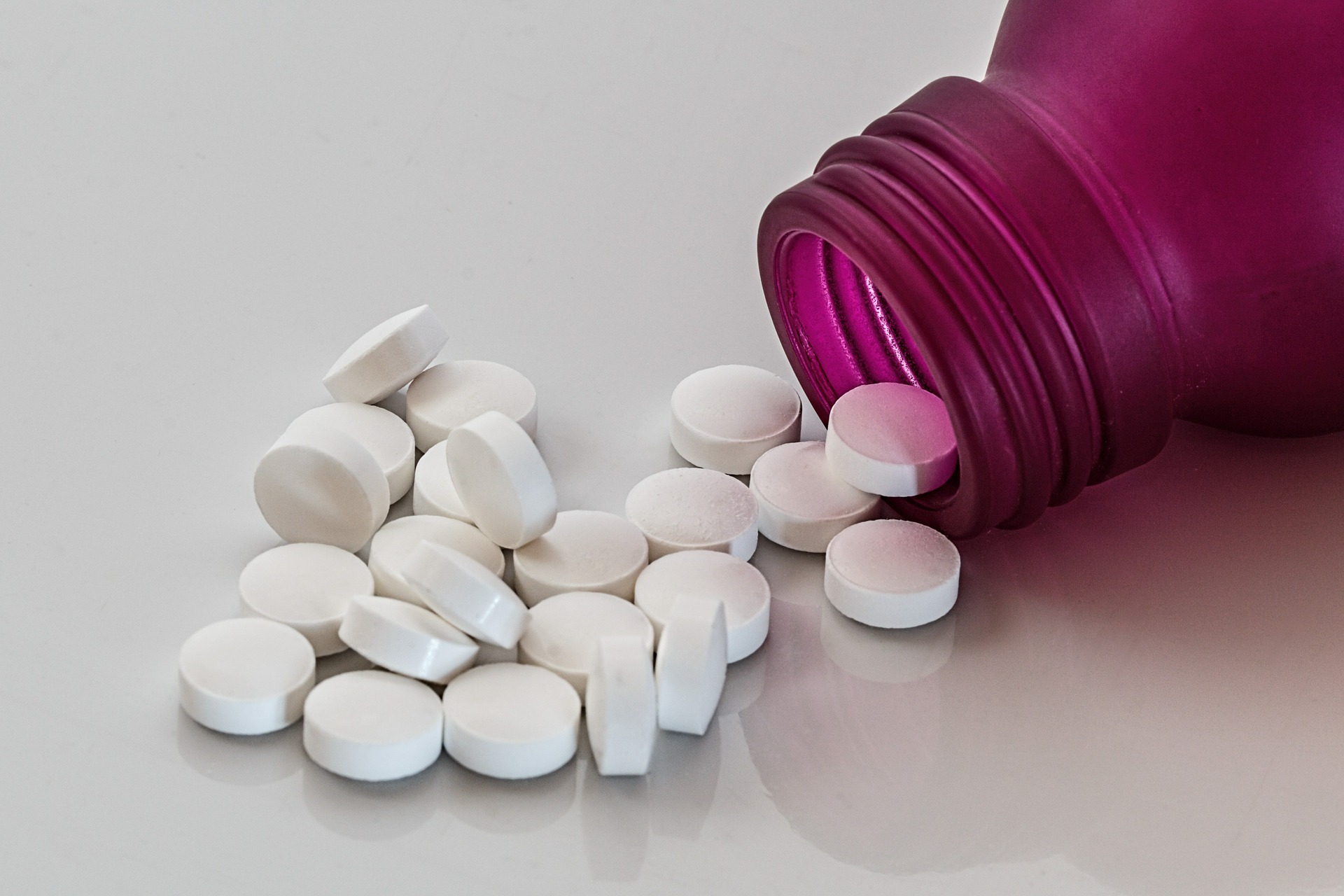It’s been months (or maybe even years) since anyone in your family’s had a full night’s sleep, and the promise of a magic pill to get your little one sleeping to sleep is enticing.
After all, melatonin is natural, so it must be safe…Or is it?
Let’s take a look…
What is melatonin?
Melatonin is a hormone that’s secreted from our pineal gland in response to darkness to help our body and brain settle down and get ready for sleep.
Is Taking a Melatonin Supplement Going to Help My Child Sleep?
Perhaps. But is melatonin the best choice for your child?
Anything you’re going to put in your body (or your child’s body), should be evaluated for its effectiveness and possible side effects.
Let’s start with how effective melatonin is…
Some studies show that the use of melatonin may help children fall asleep faster1, but doesn’t change how long they stay asleep2.
Melatonin may be useful for certain sleep disorders, medical conditions, or to help overcome disruptions to your sleep cycle from jet lag or shift work. But it won’t necessarily help you (or your child) sleep for longer stretches during the night.
The next questions we need to ask is…
Is Melatonin Safe?
Melatonin is a hormone naturally produced by the body. But is it safe?
Although there are many natural products that are perfectly safe and healthy for us (such as aspirin), others can be toxic (such as iron in high doses).
Melatonin can have negative side effects, such as headaches, bed wetting, dizziness, abdominal pain, excessive sweating, problems with vision, nausea, and daytime laziness.1 It may also delay the onset of puberty.3
And even if a child is only getting a small dose of melatonin, the truth is, we can’t always trust the label for the concentration of melatonin that’s actually in the bottle. Studies have found that many over-the-counter melatonin supplements don’t contain the same melatonin concentration as listed on the label. Melatonin products have been found to have up to five times more and 83% less hormone as the label states.4
And unfortunately, there have been some melatonin overdoses (or poisonings) in children and it’s on the rise exponentially.5
Research on the long-term effects of melatonin use are limited, and Health Canada has not approved melatonin products for children 11 years and younger.6
The good news is that there are completely natural ways to increase your child’s melatonin levels to help them get a good night’s sleep.
Ways to Naturally Increase Your Child’s Melatonin Levels
- Get plenty of sunshine during the day
- Turn off screens at least one hour before sleep
- Close the blinds and turn the lights down
- Have a relaxing bedtime routine
If you’ve done all this and your child still isn’t sleeping, they may need an adjustment to their sleep schedule, or they may just need to learn some overall healthy sleep habits.
Healthy sleep habits are essential for a child to learn how to fall asleep in their crib or bed confidently and stay asleep through the night.
I promise you, the results will be better than anything you’ll get from a pill, and it’ll last them a lifetime.
Ready for a truly natural and healthy way to get your child sleeping well?
Schedule your free no obligation call here.
1 https://www.medicalnewstoday.com/articles/323820#side-effects
2 https://www.livescience.com/42066-melatonin-supplement-facts.html
4 https://news.uoguelph.ca/2017/02/u-g-study-finds-instability-serotonin-melatonin-supplements/

